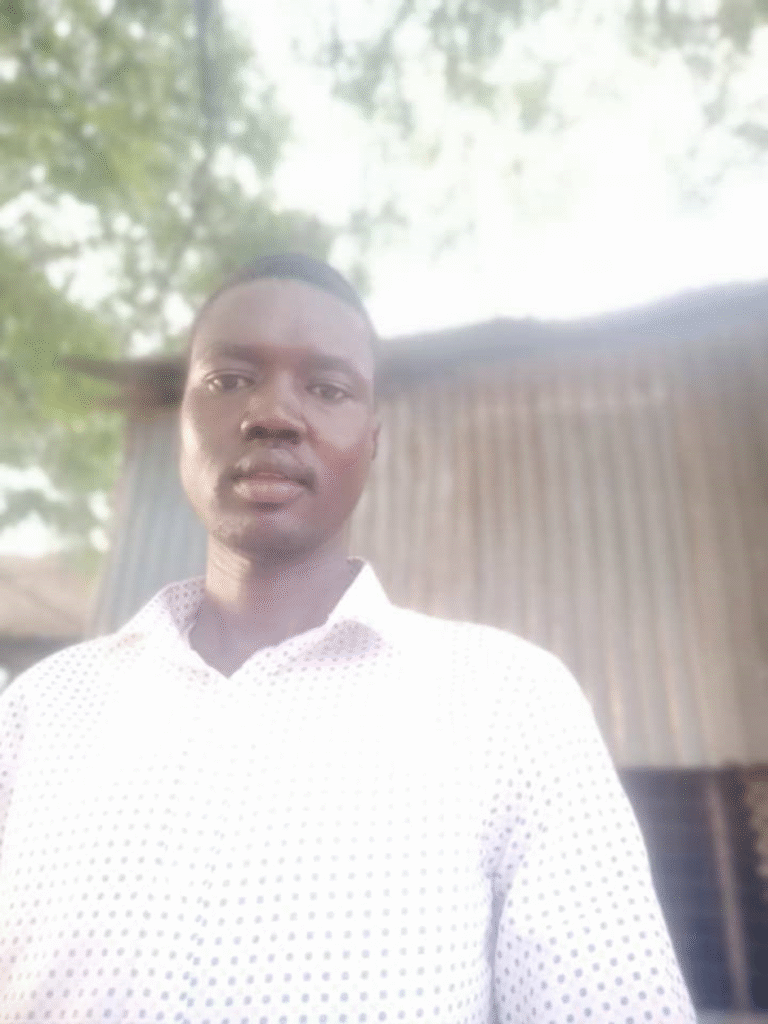South Sudan's English Daily Newspaper
"We Dare where others fear"

By Aluong Maker Aluong
The long-standing rumours about relocating the University of Upper Nile back to the Upper Nile region have caused significant anxiety among students, primarily due to the insecurity in the area.
Acirin Madong Aluong, a student at Upper Nile University, expressed his fears in an interview with the Dawn on Thursday, stating that the news of the university’s potential relocation to Malakal town filled them with terror.
“It was 2014 when the university was relocated from Malakal to Juba owing to the 2013 conflict, and it is still looming now, though not as intensely as at the outset. So, taking it back amid this long, disturbing conflict is like going against the wise decision made,” Madong said.
Madong, who also serves as the secretary for information in the Greater Bahr-el-Ghazal Students Association at Upper Nile University, said they are afraid to return to Upper Nile amid the ongoing military confrontation between the SSPDF and the Nuer militia, the White Army.
“Nasir and Ulang County are substantial evidence for anyone who doubts. Now, having heard and seen, should we jeopardise our studies and lives for something so precarious?” he said.
He rejected the plan to move the university to Malakal, arguing that insecurity there would disrupt their studies.
“Our relocation from Malakal to Juba does not mean that we are completely free from other challenges; we are facing a variety of them. However, when compared with the challenges there, those in Juba can be endured,” he said.
“We have long been without a library due to being in a new environment. They have just attempted to establish the library, but it is not yet equipped.”
He noted that the university is facing various challenges, including a lack of good roads linking the campus with towns and insufficient internet for research.
“There is no clear road going to Malakal; those travelling there must use air transport, which is always expensive. It consumes part of the tuition fees,” he said.
“As such, this poses a constraint for students living in other states that are a bit far from Upper Nile State.”




